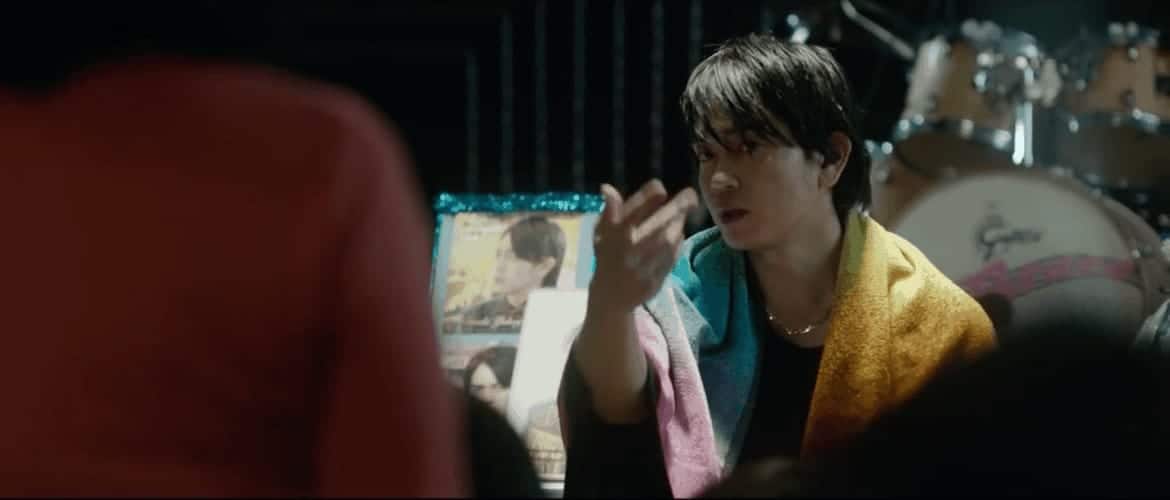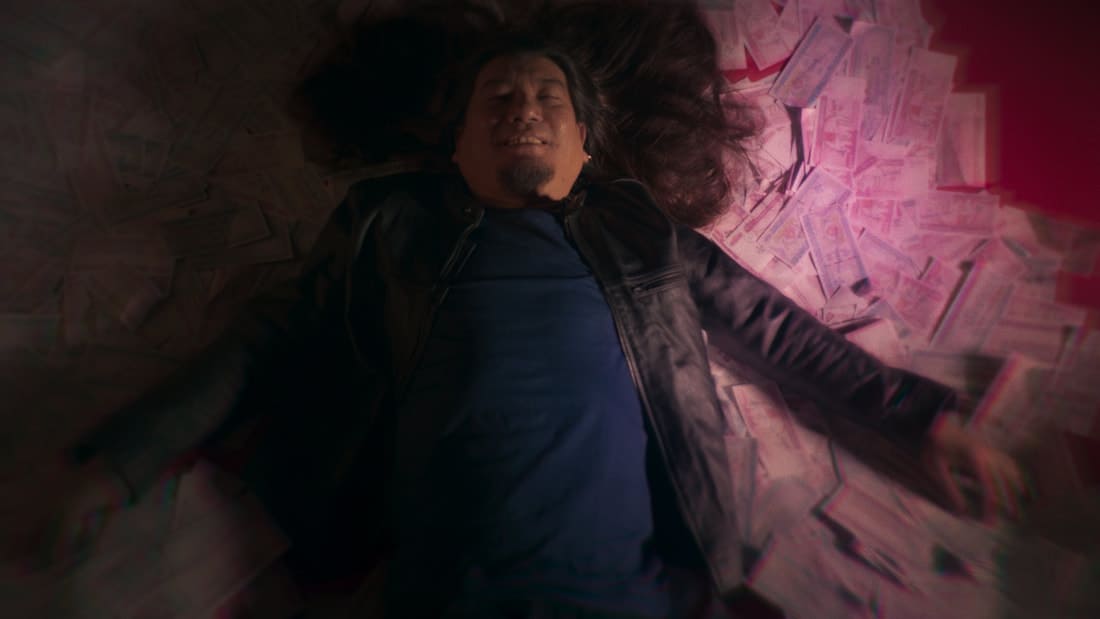The concept of the motivational film seems to be a unique one for India, with a number of movies that aim at sending a social message against various ailments and in favor of positive mentality. Sharvi's “Do Over” fulfills both aspects to the highest degree, in an effort that netted it a number of awards at the Chennai World Cinema Festival, including one for Best Director. Whether the movie is actually good, however, is a whole other deal.
“Do Over” review is part of the Submit Your Film Initiative

Siva is a middle aged man, married to Uma and having a kid, while having a respectable job in an office. However, he is also an alcoholic, with his ailment taking a particular toll in his life, with him fighting daily with his wife who cannot handle his drunkenness anymore. Unable to stop though, his situation worsens, until one day, he is laid off from work, and soon sees his family abandoning him. Even then, however, he cannot stop, until he finally reaches rock bottom, and decides to attend a deaddiction center. Eventually, he manages to clean up, and tries to begin his life anew, but soon realizes that his past, and the aftermath of the lockdown make it very difficult to find a job. He never gives up though.
Despite his evident good intentions and the fact that his messages are quite eloquently communicated, Sharvi comes up with something that lingers between the advertisement and the soap opera, with a storyline that could easily be presented in 15-20 minutes stretched to 83 in the most forceful fashion. This, and the intensely melodramatic approach, which has Siva going from bad to worse, and him insisting in a way that can only be described as biblical, also add to the issues of the film. Lastly, the constant music that is heard throughout the movie becomes annoying from the beginning concluding its many and significant problems
This, however, does not mean that “Do Over” is without merits. For starters, Maanav in the role of Shiva is excellent from beginning to end, being equally convincing as an alcoholic and as a remorseful and resolved man later, with the latter, surprisingly, actually being the aspect his performance finds its apogee in.
Furthermore, and despite the evident low-budget production, the cinematography by P G Vetrivel is quite good, both in the way the suffocating setting of the apartment the family initially lives is presented, and in some panoramic shots of the city, that highlight both its reality and its beauty.
Despite the aforementioned merits, “Do Over” as a whole makes very little sense, at least as a feature film, resulting in a spectacle that is quite hard to follow after a point due to its repetitious and melodramatic nature.















